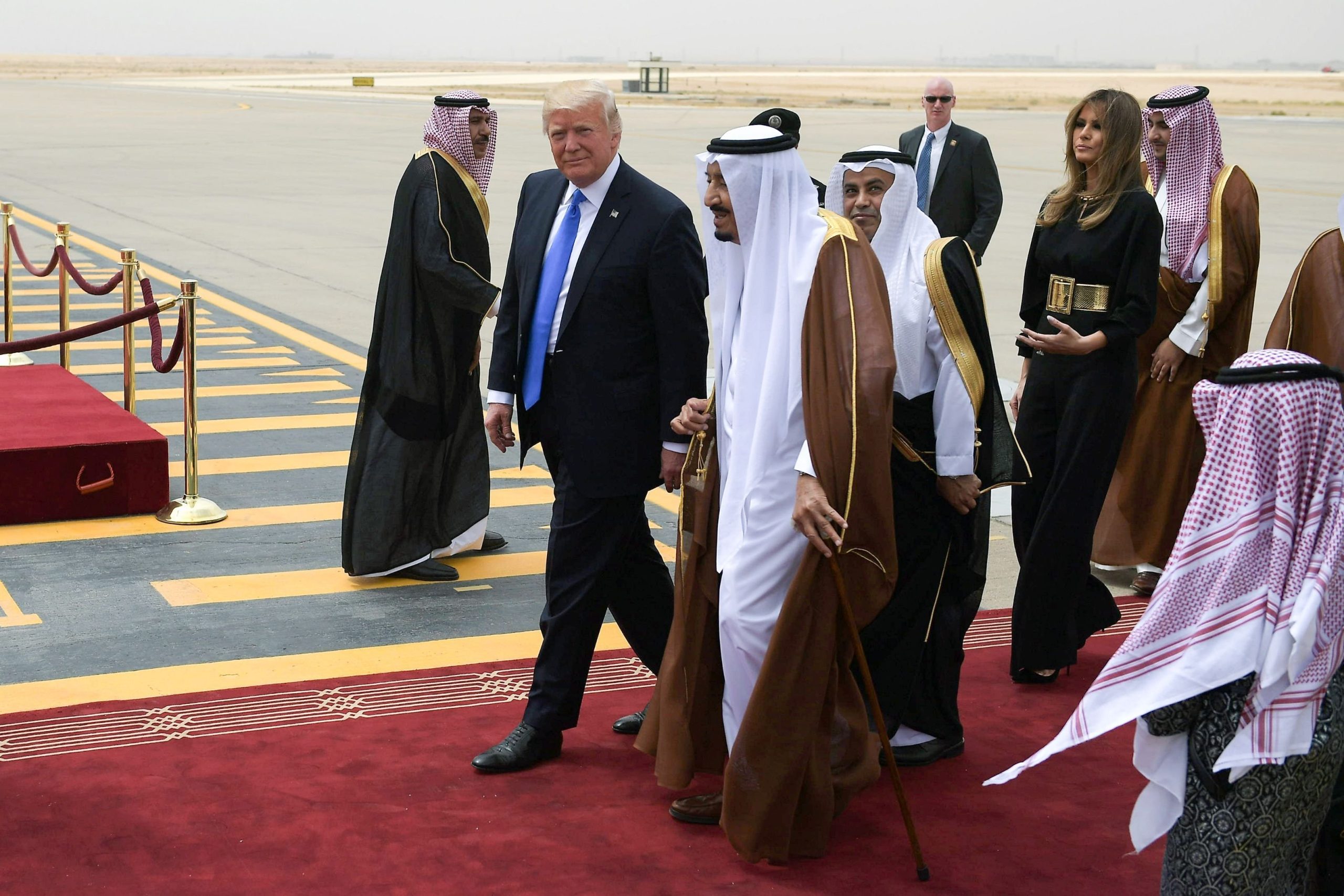President Donald Trump concluded a four-day tour of the Middle East, visiting Saudi Arabia, Qatar, and the United Arab Emirates. The trip, aimed at solidifying economic ties and advancing diplomatic initiatives, was marked by major agreements and contentious proposals.
In Qatar, Trump secured a $10 billion commitment to upgrade the Al Udeid Air Base, the largest U.S. military facility in the region. Qatar Airways also inked a historic deal to purchase up to 210 Boeing jets, the largest order in the airline’s history. Additionally, the UAE agreed to import 500,000 of Nvidia’s top-tier AI chips annually, a move intended to bolster the nation’s ambition to become a global hub for artificial intelligence.
On the diplomatic front, Trump met with Syrian interim President Ahmed al-Sharaa. During the meeting, he announced the lifting of U.S. sanctions on Syria, signaling a potential thaw in relations. Trump also urged Arab states to normalize ties with Israel, aligning with the broader U.S. policy of integrating Israel into regional economic frameworks.
However, Trump’s proposal to transform Gaza into a “freedom zone” was met with skepticism. Critics questioned the feasibility of the plan and raised concerns about its potential to destabilize the already volatile region.
Cultural diplomacy also played a role in Trump’s visit. In Abu Dhabi, he was welcomed with the traditional Al-Ayyala dance, a performance recognized by UNESCO. He also visited the Abrahamic Family House, a complex that houses a mosque, church, and synagogue, symbolizing the UAE’s efforts to promote interfaith dialogue and religious tolerance.
Despite the positive economic outcomes, Trump’s acceptance of a luxury Boeing 747-8 from Qatar as a gift drew criticism. Observers raised ethical questions, suggesting potential conflicts of interest, given Qatar’s significant business dealings with U.S. defense contractors.
Trump’s Middle East tour concluded with a mixed reception. While the economic agreements signal stronger ties with Gulf nations, several policy proposals, including the Gaza initiative, have stirred controversy. The impact of these developments on regional dynamics and U.S. foreign policy remains uncertain.

